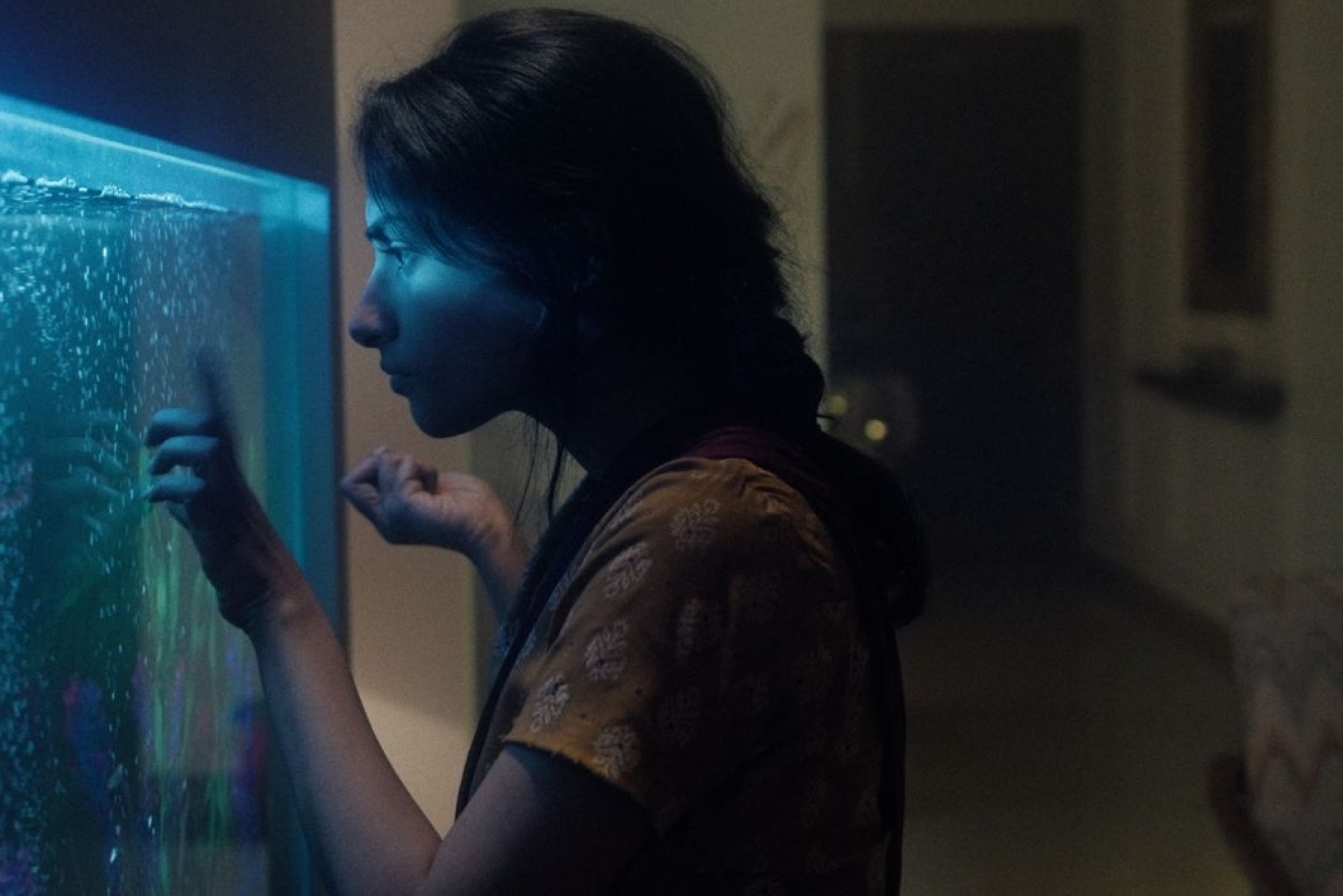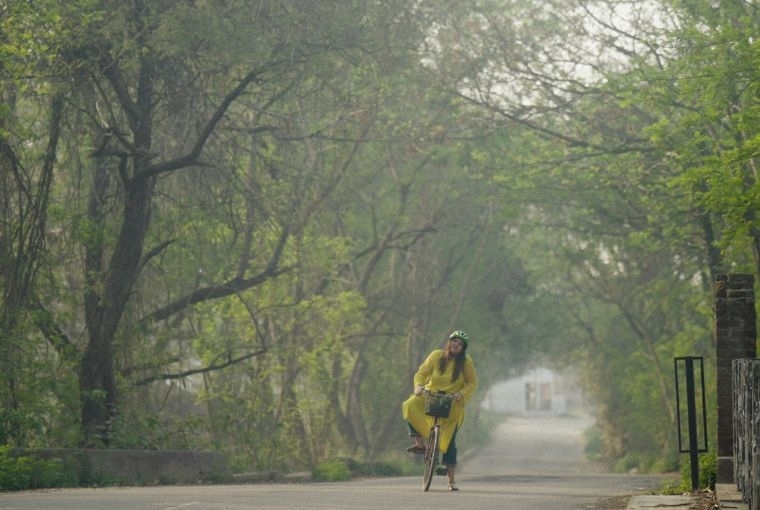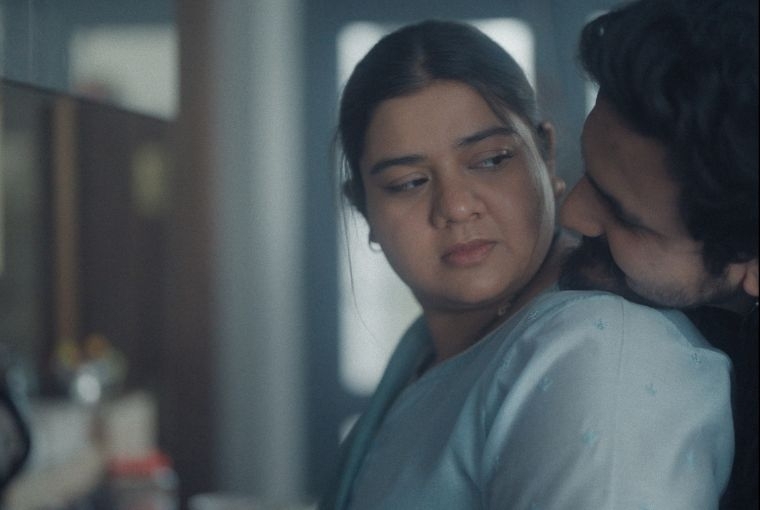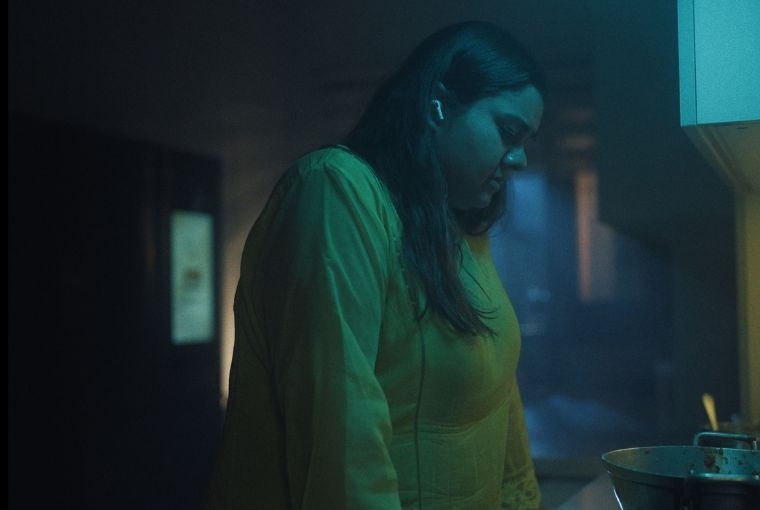


Arpita Mukherjee, an award-winning writer-director based in New York City, has recently ventured into narrative fiction with her short film, The Cycle. At its core, the film tells the story of Preet, a housewife with two kids who harbours a budding dream. Preet believes she is overweight and is determined to change her appearance to feel better about herself. In her journey, she must confront not only the unrealistic beauty standards imposed on women but also the enduring patriarchy that persists despite ongoing discussions about gender equality. Unfortunately, progress for women remains slow.
Born in Delhi and raised in the United States, Arpita's life has been shaped by both positive and negative experiences. Although she felt a void after moving to America at the age of 12, she eventually found her passion in the arts. After winning awards for her writing on Gulmohar alongside her creative partner, Rahul Chittela, Arpita recently made her Broadway debut as the resident director of Kite Runner. We had the opportunity to speak with her about how she navigates her roles both on and off the stage.

On and Off the Stage
Process-wise theatre and film are just so different that you have to feel the hard shifts. In theatre, one thing is always building on another, there is no “this is it” until opening night. So, rehearsing with an actor or creating a beautiful lighting moment, that all has to happen imperfectly for a long time so it can happen perfectly on opening night. Theatre is all about preparation towards one ephemeral moment. Film is a collection of many such moments, that we must capture, and each of these moments must be complete on its own. You do all the acting, and the shooting, then you do all the editing. Each department must work independently and then come together to create a whole of wholes in a way. But will that alchemy actually happen? That’s the adventure! There are aspects of being a theatre director that really help me in film - blocking, knowing the script inside/out, always asking why. And there are things about film which I’m still learning - how to be open to finding more in the moment, how to just focus completely on one tree rather than the whole forest, trying to actually answer the ‘why.’ And film is also highly technical and I am still really learning those parts of it. What I find so exciting about working in both forms is always questioning - what makes this a play? What makes this a film? Why tell this story in THIS form?
The Cycle
As someone who has struggled with body dysmorphia, I know how hard it is to go through the world unsure of yourself and your worth. I’ve also noticed this change in India, where there is a lot more focus on weight loss and transformation. You often do hear these Western weight loss mantras like loving yourself and taking care of yourself. I wanted to show a character who is trying to lose weight and, therefore, trying to take that time for herself to do something physically active. But the structures around her life, call it family or call it duty, make it hard for her to have that time. How can she love herself without really being herself or having that time and solitude to know herself? Preet is practising deprivation - no food because of weight, no wanton joy because of reputation, and no pleasure because of fear. For me, it was always about how the weight loss story intersects with the story of finding autonomy - what is the real weight we must all shed beyond the physical?

The Cast
As someone who doesn’t speak the language myself, I’m really glad to hear this! I have to thank our casting directors Dilip Shankar and Dushyant Kumar for finding these wonderful actors. I wanted to cast locally and that made all the difference. However, I should point out that our lead actor Pihu Sand, who plays Preet, lives in Mumbai, and does not speak Punjabi. She worked very hard in a short time and it shows. I’m also grateful to Puneet Raj and Manvia Abrol for helping Pihu with her Punjabi.
Words Hansika Lohani
Date 21.04.2025

